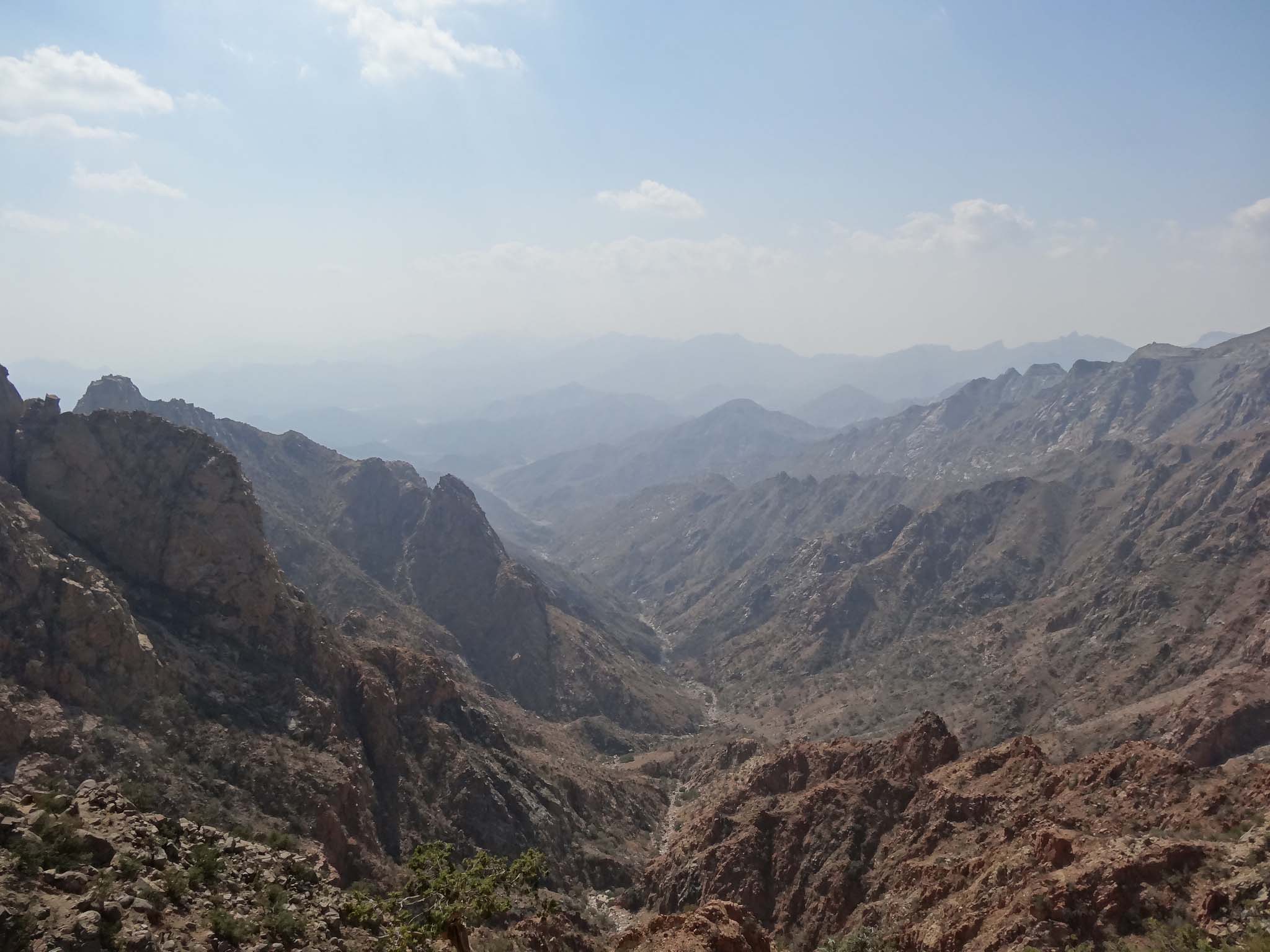
Qatar residents should soon find it easier to travel to and around Saudi Arabia as the oil-rich nation tries to attract more tourists and diversify its economy.
Deputy Crown Prince Mohammed bin Salman made the announcement during a speech yesterday as part of pledge to reform the country’s economy, which has been hit hard by the slump in oil prices.
The country’s central bank has burned through $100 billion in foreign reserves since 2009, according to Bloomberg, and is preparing to tap international debt markets for the first time since the 1990s.

Prince Mohammed told Saudi-owned broadcaster Al Arabiya that the country would become more open to tourists of all nationalities “within our beliefs and values.”
Additionally, the kingdom plans to introduce a US-style “green card” system for expats that would give foreigners more rights to live and work in the kingdom – presumably attracting more foreign investment.
Muslims and Arabs
According to a transcript of the Al Arabiya interview, Prince Mohammed appears to be focusing on long-term expats living in Saudi Arabia – specifically Arabs and Muslims – who send their earnings abroad but would “prefer to be part of the Saudi economy.”
A copy of Saudi Arabia’s “Vision 2030” published by the country’s state news agency yesterday evening said the government planned to extend the ability of expats to own real estate in certain areas, permit the establishment of more private schools and adopt “an effective and simple system for issuing visas and residence permits.”
It continued:
“Achieving our desired rate of economic growth will require an environment that attracts the necessary skills and capabilities both from within the Kingdom and beyond our national borders.
Our goal is to attract and retain the finest Saudi and foreign minds, and provide them with all they need.”
The announcement comes a day after Saudi tourism head Prince Sultan bin Salman rolled out a “post-Umrah” program that allows Muslims visiting the country on Umrah visas to travel to landmarks, historical sites, tourist attractions and shopping centers in the state.
Arab News reports Prince Sultan as saying the Umrah visa could now be automatically converted to a tourist one, a procedure that used to take many steps.
He added that the program had been in the works for several years and wasn’t being launched just for financial reasons.
“We want to link a Muslim to his roots – religiously, culturally and emotionally.”
Other reforms
Saudi Arabia’s Vision 2030 also calls for closer economic integration between GCC states and repeats several long-standing goals:
- Completing the process of implementing a GCC common market;
- Unifying customs, economic and legal policies; and
- Constructing shared road and railway networks.
Oil sales accounted for more than 70 percent of Saudi Arabia’s government revenues last year, according to Bloomberg.
To help raise cash, the country plans to sell off less than 5 percent of its state oil firm, Aramco, in an initial public offering.
Prince Mohammed told Al-Arabiya that the government was told the overall company is worth between $2 trillion and $2.5 trillion, but believes it could be even higher.
And, to help cut expenses, Saudi Arabia said it will curb consumer subsidies.
#Saudi Deputy Crown Prince says lifting of subsidies will be implemented on everyone, including Princes and government ministers.
— Al Arabiya English (@AlArabiya_Eng) April 25, 2016
Earlier this week, the Deputy Crown Prince fired the country’s minister for water and electricity after reportedly saying that prices had not been raised in accordance with the government’s reform plans, according to Reuters.
Thoughts?







